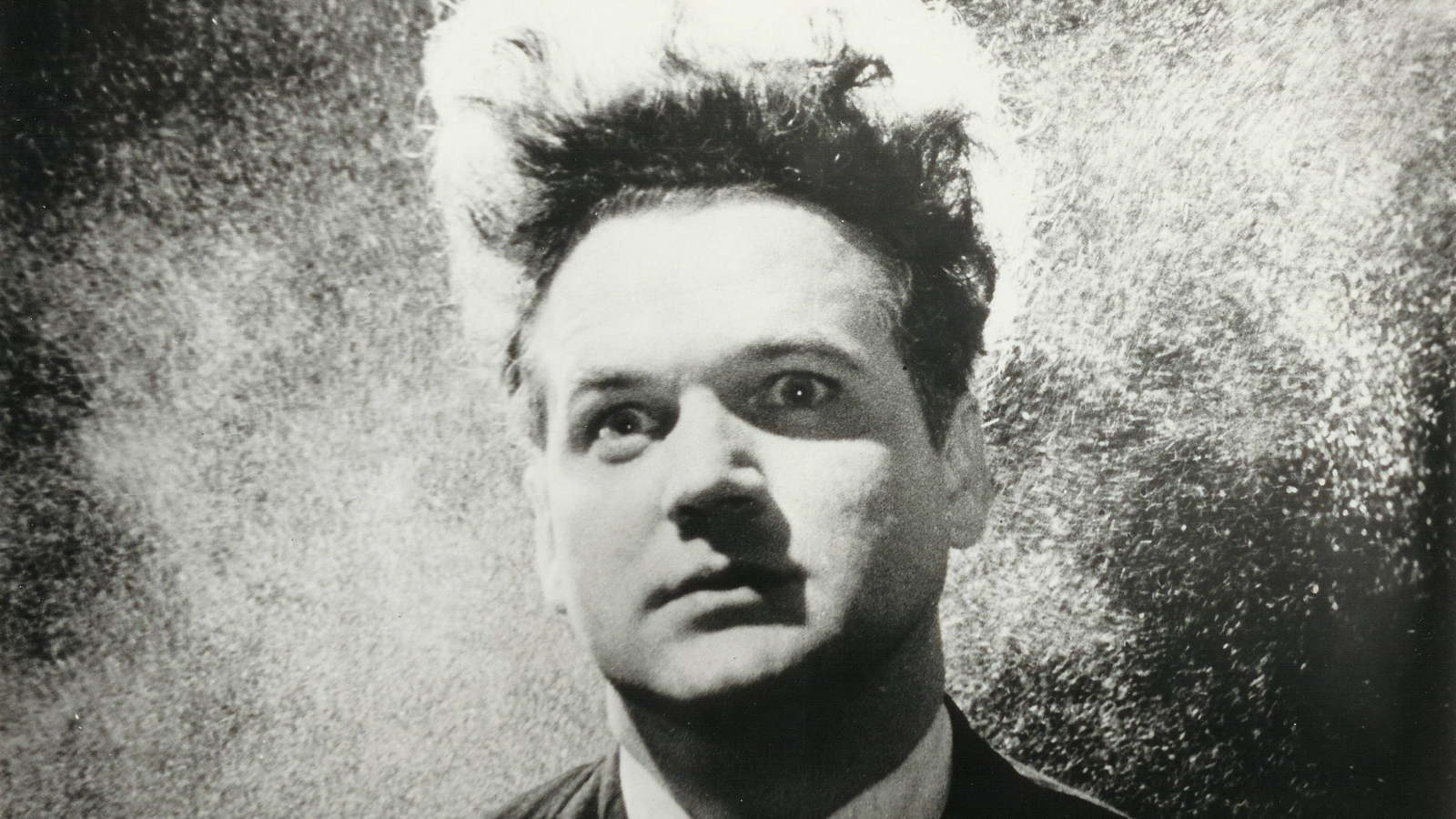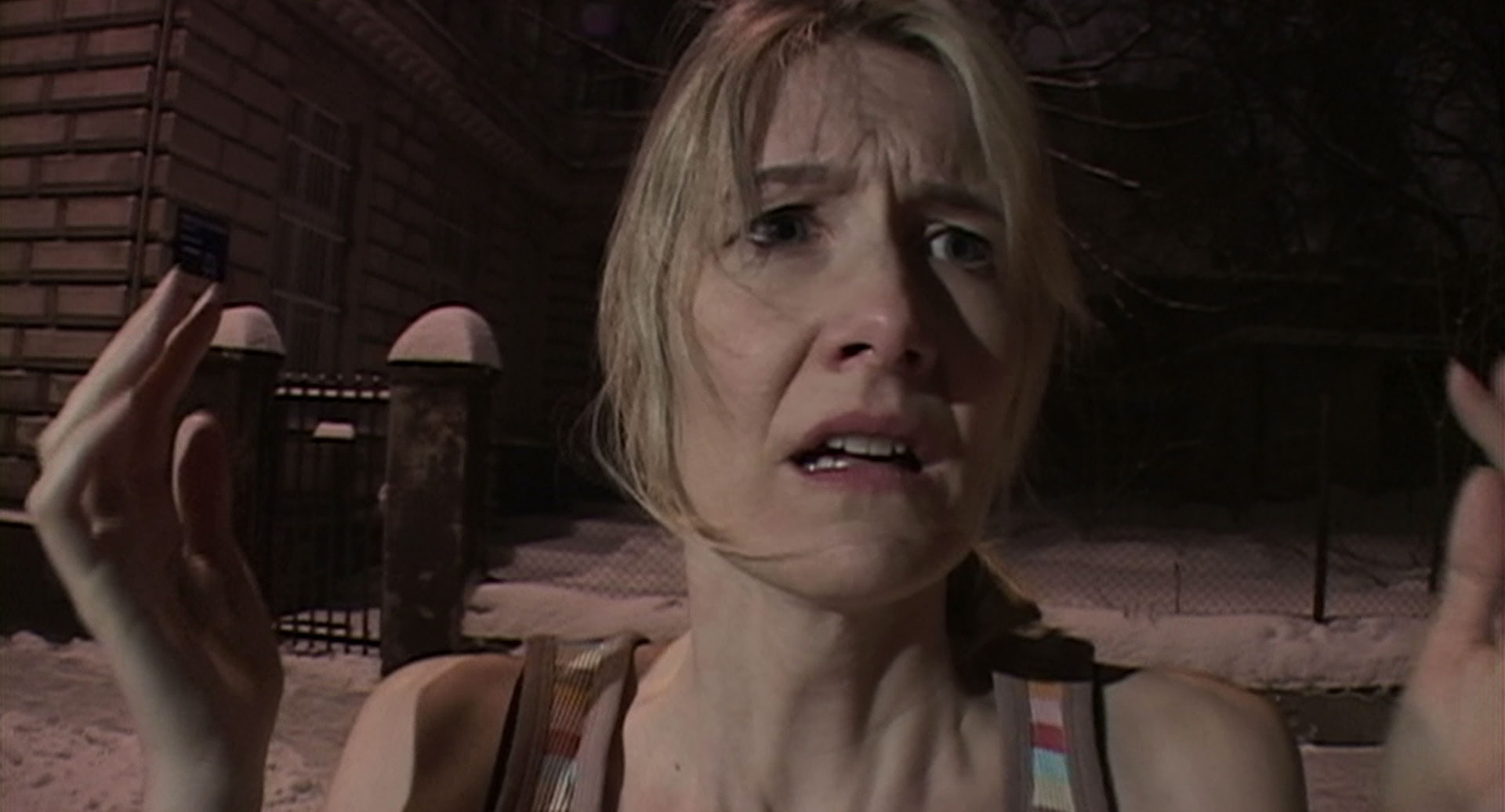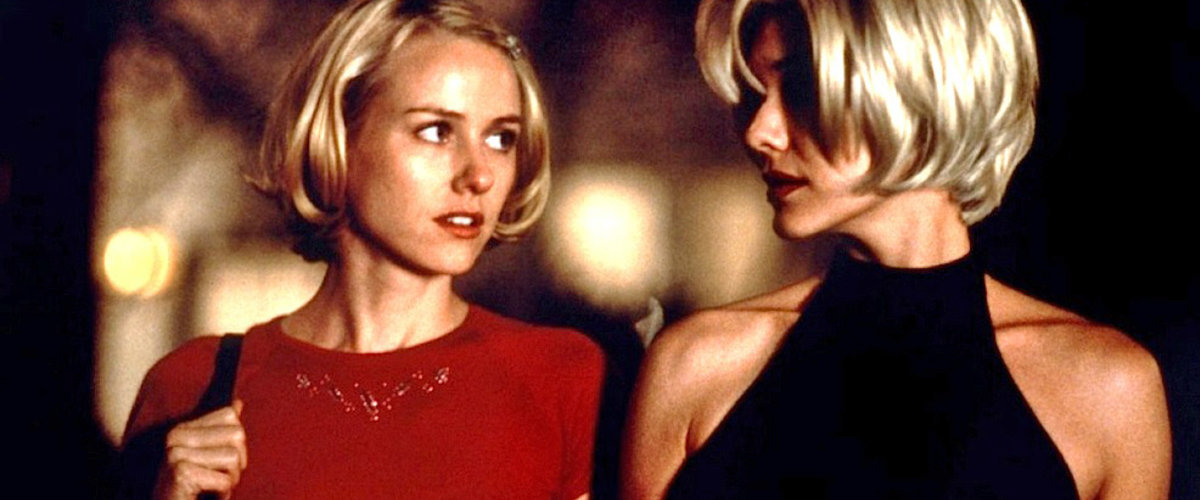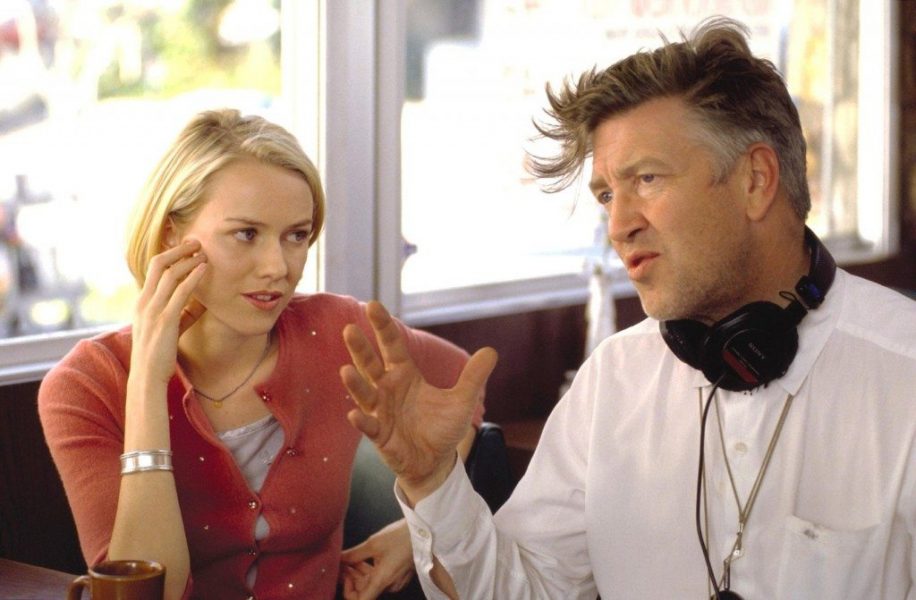5. Eraserhead (1977)

The one that began it all – ‘Eraserhead’ is the very definition of a cult film. Written, directed and produced by Lynch under a scholarship by the American Film Institute, ‘Eraserhead’ marked the beginning of a new cinematic aesthetic in Hollywood as Lynch perfected the art of surrealism introduced by Luis Bunuel and Salvador Dali in ‘Un Chien Andalou’. Influenced by Lynch’s life in Philadelphia and the birth of his daughter Jennifer, ‘Eraserhead’ is a dystopian body-horror film following the nightmarish life of Henry Spencer after the birth of his “child” out of wedlock.
A technical marvel, ‘Eraserhead’ marries a brilliant and elaborate production design with impeccable sound design and background score to build an atmosphere of fear, desolation and dread. Laced with haunting and outrageous imagery and a slew of surreal symbolism, ‘Eraserhead’ is a visceral experience unlike anything else in cinema history. What separates Lynch from the earlier surrealist works of Bunuel and Fellini is its personal nature – Lynch never separates himself or his audience from the horror – all of us drown the fascinatingly subversive world he creates, sucking us deep into the vortex of our own fears.
4. Inland Empire (2006)

‘Inland Empire’ is a movie that is not easy to talk about, because frankly I don’t have a clue as to what it’s all about! I have a theory, but it is so muddled and incoherent that I have stuffed it in the back of my brain. Lynch’s last feature film and his most indecipherable one to date, ‘Inland Empire’ is an experimental horror film about multiple characters across parallel realities and timelines with the simple premise – A woman in trouble. A 3 – hour odyssey deep into Lynch’s consciousness, ‘Inland Empire’ may seem tedious and too much to handle for a lot of people, but if you are willing to surrender yourself to it, Lynch slowly guides us into his dreams where one rabbit hole leads to another and then into another until you lose track of the plot and characters, as the movie envelops you. Shot with a handycam in digital video, Lynch famously did not have a complete screenplay prior to the shoot, and handed out copies of the screenplay for each day during the course of the shoot. Featuring a career best performance by Laura Dern, ‘Inland Empire’ is a movie experience unlike anything I’ve ever had.
3. The Straight Story (1999)

One of my favorite movies of the 90s and the most underrated movie in Lynch’s oeuvre, ‘The Straight Story’ is arguably his most accessible and profoundly emotional work to date. A biographical road-movie following the journey of an elderly World War II veteran (Alvin Straight) across Iowa and Wisconsin in a lawn mower to meet his estranged brother, ‘The Straight Story’ is conventional American film-making at its finest as we are transported into Alvin’s world as we join him in his journey and experience the kindness of the strangers he meets on the way. Lynch might well have intended the title to be a pun – the narrative is as simple and “straight” as it gets – but he manages to pull it off with uncanny depth and feeling. Alvin’s journey is not only to meet his brother, but also serves as a metaphorical journey into his past as he reminisces his childhood and his painful memories of the War as Lynch manages to evoke one of the most bittersweet of human emotions – nostalgia, and the regrets that come with it.
We have all done things in the past that we regret, and we bury them deep within ourselves so that it doesn’t consume us, hoping for time to heal the wounds. But it doesn’t, does it? It still remains, unless you decide to move past them; to forgive yourselves and let go. In fact, the ‘The Straight Story’ might as well have been about any of us; Alvin might have been any of us, and that what makes it so affecting. And the 79-year-old Richard Farnsworth as Alvin Straight brings this journey to life, in one of my favorite performances of all time; a performance so subtle yet laced with uncharacteristic empathy and feeling that it is hard not feel for him. ‘The Straight Story’ is easily one of the finest American dramas I have ever seen and I can only hope it gets the appreciation it deserves.
2. Blue Velvet

You can’t… you just can’t think about ‘Blue Velvet’ and not swoon to the ethereal music of Bobby Vinton’s Blue Velvet. Widely recognized to be amongst the best movies of the 80s, ‘Blue Velvet’ was Lynch’s first critical success, a mesmerizing piece of neo-noir cinema that might disturb you to the core. The story of Jeffery Beaumont and his investigation into the mystery of a severed ear he discovers in an empty lot, ‘Blue Velvet’ is one of the greatest psychological thrillers in cinema history, with Lynch masterfully blending elements of film-noir with surrealist horror to create a shocking and offensive portrait of small town life. He effortlessly peels off the façade of small-town innocence revealing the dark and disturbing underbelly that thrives underneath. Employing a campy, melodramatic tone, the movie’s opening sequence might mislead you, before Lynch pulls the rug off from under our feet as the we are faced with the perverse reality underneath.
It is rare to see a movie so devoid of morality – I strongly feel that even Pasolini’s ‘Salo’ and Haneke’s ‘Funny Games’ has a powerful moral base despite their disturbing themes – but ‘Blue Velvet’ is so unabashedly immoral that you are at once outraged and captivated by it. ‘Blue Velvet’ also gave us one of the greatest movie villains in Frank Booth, a man so intensely haunting and terrifying, he claws his way into your psyche, tearing you apart. A masterpiece of American cinema, ‘Blue Velvet’ is a hypnotic dreamscape of a movie, one that will continue to linger in your conscience long after you’ve seen it.
1. Mulholland Drive (2001)

Let me get this out of the way once and for all – ‘Mulholland Drive’ has played an important role in my life; it made me realize the power of cinema and what it is capable of as an artistic expression. A psychological mystery thriller, ‘Mulholland Drive’ was released in 2001 at the Cannes Film Festival, opening to one of the most polarizing receptions in the history of the festival; people either loved it or hated it. And much of it has to do with Lynch’s trademark cinematic style, which are replete with weird, surreal imagery, dark complex themes and numerous visual motifs, which makes it nearly impossible to decipher on first watch. The plot, stripped down to the bare minimum, is about a young, aspiring actress new in Hollywood who helps a strange amnesic woman find her true identity. However, as they embark on this journey, we are treated with seemingly unrelated vignettes and events which leads up to a climax that could shock you beyond words.
A lot people love ‘Mulholland Drive’ for the puzzle; the internet is full of articles, explanations (We have one of our own here) and fan theories about what actually happens. But for me, it is not about the puzzle; yes, I have my interpretation of the plot, but that is not what makes the movie great. It is Lynch’s brilliant insight into the human psyche that really gives me the chills. We can only watch in absolute shock as identities change and characters overlap as a young, guilt-ridden woman tries to make sense of her life. ‘Mulholland Drive’ also borrows its themes heavily from the Billy Wilder classic ‘Sunset Boulevard’ (admittedly, Lynch’s favorite film); both films have an uncomfortable and uncompromising view of the film industry and the idea of success and stardom in particular and how it can push you to limits otherwise unimaginable.
But above all else, Mulholland Drive is an ode to cinema itself. In his own inimitable style, Lynch displays what art and cinema in particular is – it is a manipulative farce. Cinema makes us love, laugh, cry and root for people we know don’t exist – Why? What is it that makes us feel so much about something that is make-believe? Because that is what art is, that is what cinema is; it is make- believe. And that is what an artist does; he manipulates his audience; he taps into our deepest feelings, in an attempt to make us emotionally respond to his work. And Lynch uses that to great effect in Mulholland Drive; he sets a hollow, almost parodic tone to his film. So when he finally pulls the rug from under our feet; we are left with our mouths wide open, because we know we were duped. But the thing about ‘Mulholland Drive’ is; here, the manipulation is not just a plot device, Lynch wants to know we are being manipulated. And he even uses the brilliantly executed Club Silencio scene to drive home his point.
Despite all the negative-ness that has come its way, I can say with conviction that ‘Mulholland Drive’ is arguably the most impactful film of the century; even the ones who hate it can’t get it out of their heads. And more importantly, ‘Mulholland Drive’ is David Lynch’s magnum opus; the cinematic crescendo of an underrated genius at his very best. And while the brilliance of ‘Mulholland Drive’ is by no small means thanks to Naomi Watts, in one of the finest performances in the history of cinema; ultimately the film belongs to David Lynch. With Mulholland Drive, he has made a movie about movies that best depict what they are, and that is no mean feat.
Read More: John Grisham Movies

